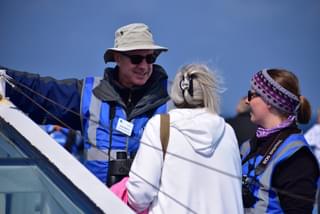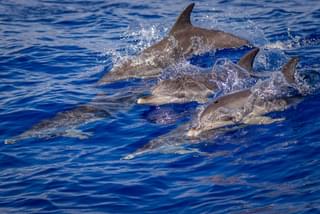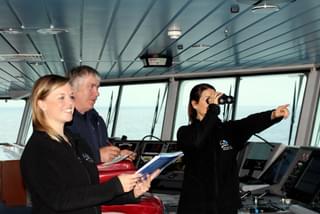Conserving Critical Habitats
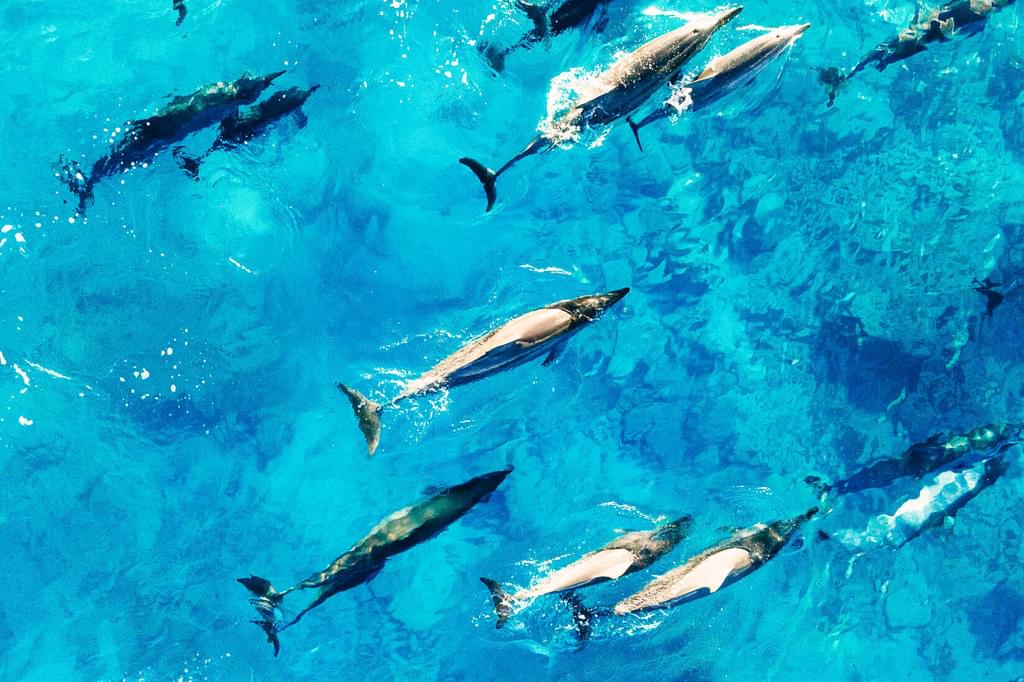
Conserving the habitats of whales and dolphins
ORCA’s approach to managing human impact on cetaceans is to safeguard specific habitat areas where we have identified high population densities - often referred to as hotspots.
Conducting dedicated surveys in remote offshore areas can be expensive and the locations difficult to access, despite these being favoured cetacean habitats. Human activities including fishing, military activities and deep sea mining are increasing in offshore areas, creating a new imperative to monitor cetaceans in these locations.
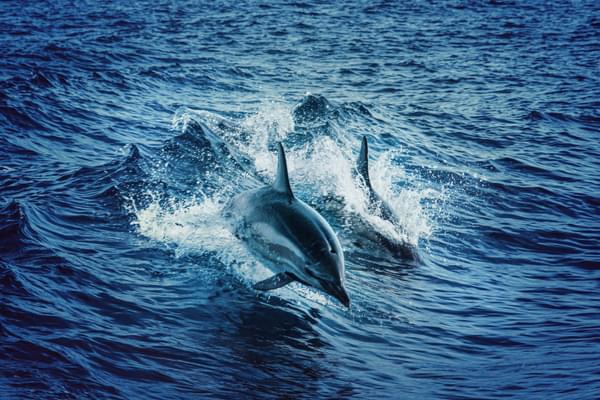
IUCN’s Important Marine Mammal Areas (IMMAs) programme
ORCA’s survey data will be making a significant contribution to the IUCN’s Important Marine Mammal Areas (IMMAs) programme in the North-East Atlantic. IMMAs are defined as "discrete portions of habitat, important to marine mammal species, that have the potential to be delineated and managed for conservation". They consist of areas that may merit place-based protection and/or monitoring.
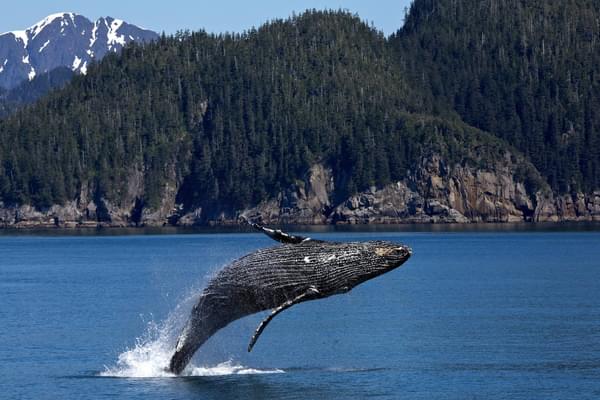
Identifying IMMAs
By overlaying ORCA’s sightings data with additional information such as the bathymetry, sea-surface temperature, chlorophyll levels etc, the preferred habitat of a species can be identified and then this can be applied to uncharted areas to identity hotspots. The identification of IMMAs through a consistent expert process will help raise the profile of marine mammals, and secure their greater protection under existing national and international conservation measures.
You may also be interested in

